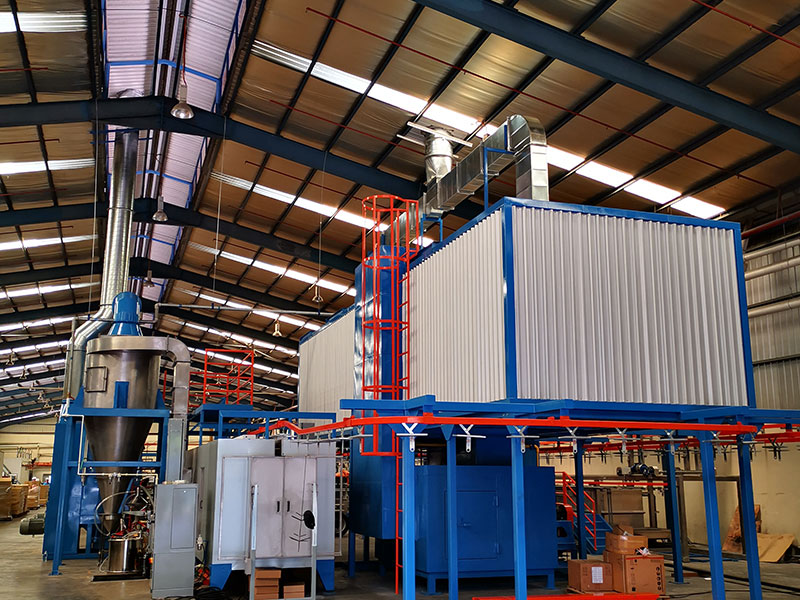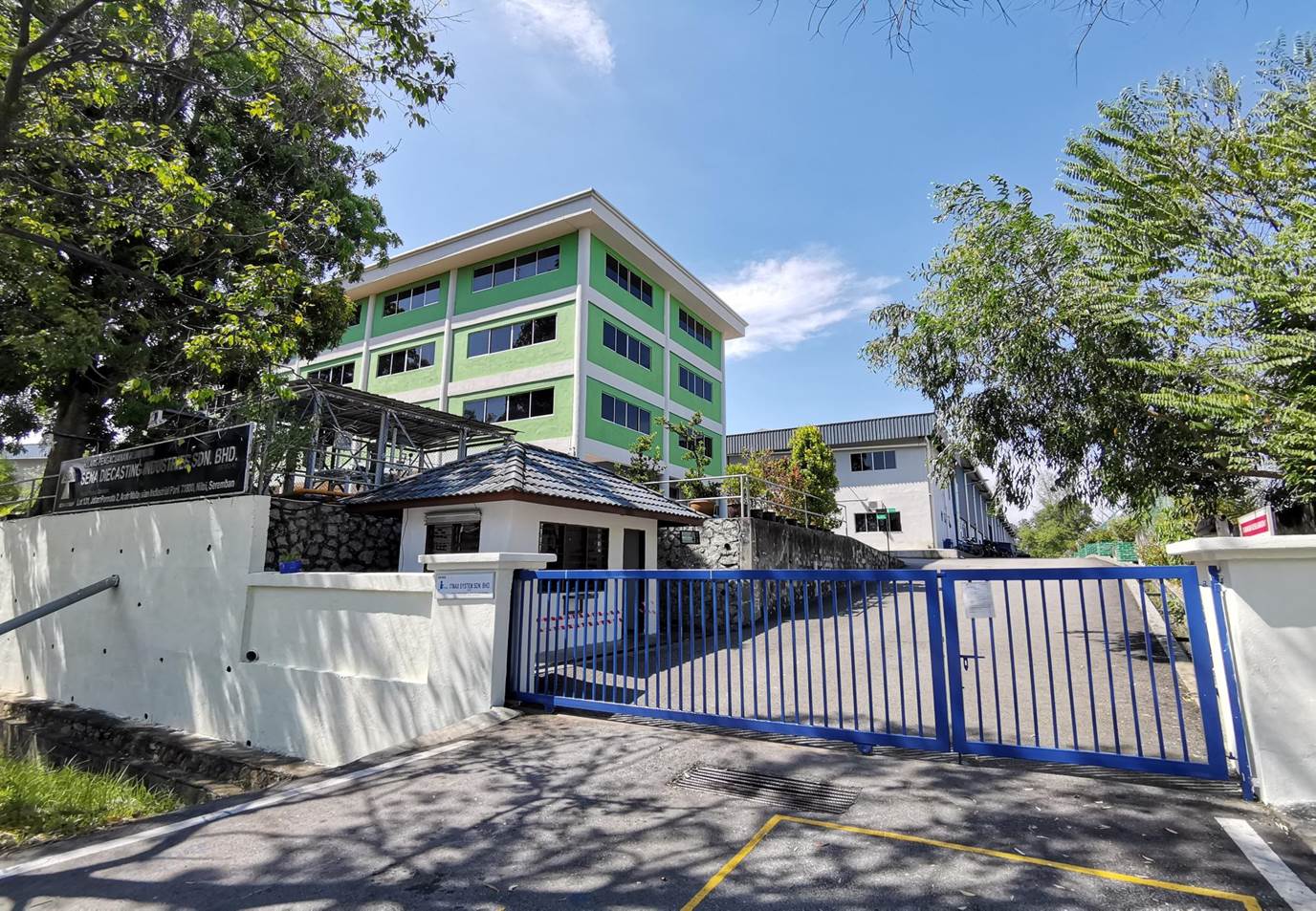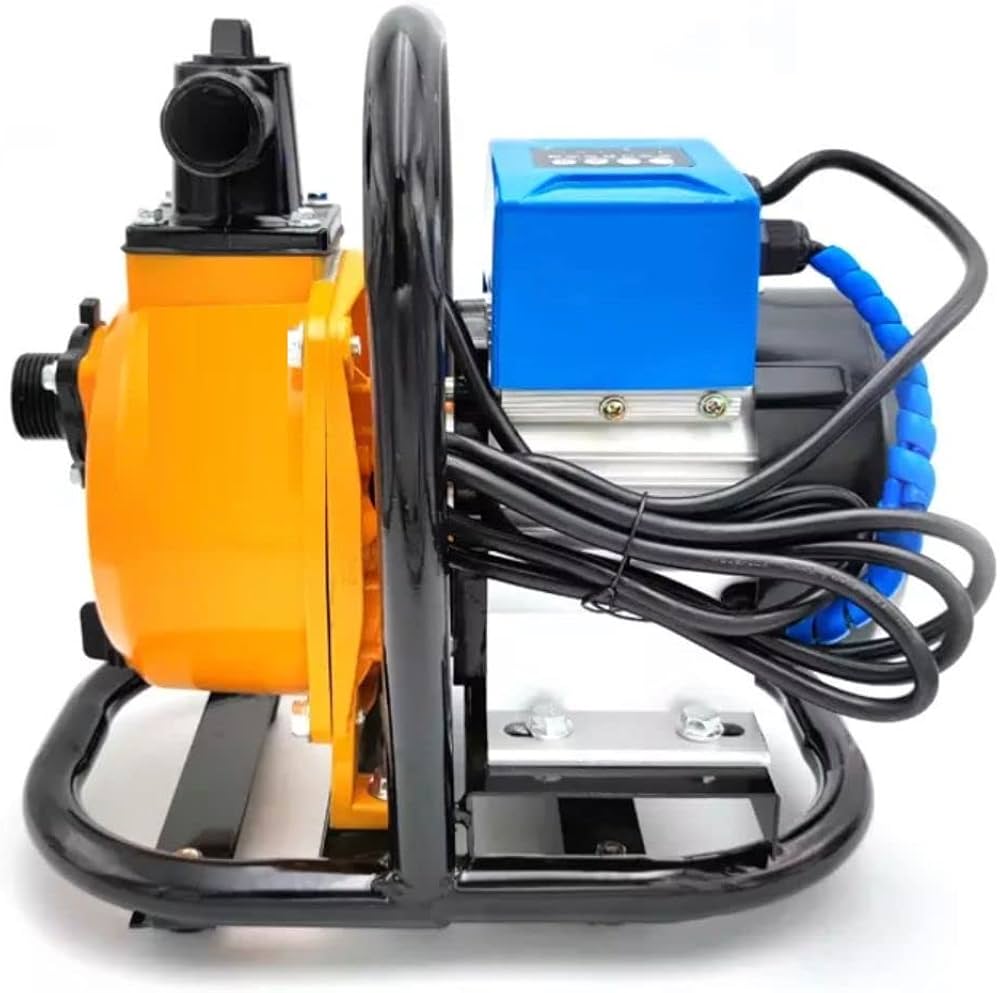Die casting is now an important manufacturing method in Malaysia that contributes to many sectors, such as electronics, automobiles, and consumer products. This metal casting technique involves injecting hot metal into a mold under extreme pressure. This creates complex and precise components with minimal preparation work. Malaysia has become a key player in die casting due the advanced capabilities of its manufacturing as well as its skilled workforce and cost-effective production rates. Numerous multinational companies have set up manufacturing facilities in Malaysia, benefiting from Malaysia’s strategic location, robust infrastructure, as well as strong supply chain networks. Die casting’s growth in Malaysia is not only a boost to the industrial sector, but has additionally contributed to the economy by boosting exports as well as job creation.
This Malaysian die casting industry is known for its technological advancements and adhering to the highest quality standards. Companies in the sector utilize advanced machinery and technology to increase efficiency, decrease production waste, and increase product consistency. Computer-aided design (CAD) and computer-aided manufacturing (CAM) techniques have a major role to play in developing precision molds. They ensure that end products will meet the requirements. Furthermore, many manufacturers are investing in environmentally friendly die casting processes which include the use of non-toxic alloys and optimizing the use of energy. These innovations not only increase productivity but they also go hand-in-hand with international sustainability efforts, making Malaysian die casting businesses much more appealing to international customers.
One of the major reasons for die casting Malaysia is the automotive industry that heavily relies on die-cast components for lightweight and high-strength components. Automobile manufacturers and their suppliers rely on the process for engine blocks, transmission cases as well as structural parts that meet strict quality and endurance requirements. Demand for electric vehicles (EVs) has further fueled the need for precision die casting, as the manufacturers of EVs are seeking lighter components to improve the efficiency of battery. Malaysian die casting businesses can profit from this trend as they continuously improve their production methods to keep up with the changing demands of the automotive industry.

In addition to the automotive industry Die casting is extensively used in the electronic sector, where accuracy and small-scale are important. A lot of electronic gadgets like smartphones, laptops and household appliances, contain die-cast parts that offer structural integrity while maintaining an extremely lightweight style. Malaysia is a key hub for electronics manufacturing, has seen significant demands for components made from die-casting in this field. companies that specialize in die casting to make electronic parts have sophisticated manufacturing processes to assure top quality and accuracy. With the advancement of technology and as electronic devices are made smaller and efficient, the role of die casting in this industry is expected to grow even further. For more information please visit here Senadiecasting
Despite its rapid growth however, the die-casting industry is in Malaysia has challenges that need strategic solutions. The rising cost of raw materials, such as aluminum and zinc alloys, can impact production costs and the profitability. Additionally there is competitors from other hubs of manufacturing in the region, such as China as well as India can pose challenges to keeping the market share. In order to remain ahead of the curve, Malaysian die casting firms must concentrate on innovation, process optimization and establishing value-added services such as rapid prototyping and customized solutions. Government support and industry collaborations are also a crucial role in addressing these challenges by encouraging projects for research and development and enhancing workforce skills through specialized courses for training.
Looking ahead, the future of casting dies in Malaysia continues to be bright, fueled by its continued economic growth as well as technological advances. The integration of Industry 4.0 technologies, such as robotics, artificial intelligence as well as data analytics will further improve effectiveness and efficiency in die casting production. Sustainability will be another major focus for companies, as they are seeking to use eco-friendly methods and develop recyclable materials for reducing environmental impact. As Malaysia consolidates its status as a major manufacturing hub within Southeast Asia, its die casting industry is set to take a leading role in shaping the future of global manufacturing, providing high-quality and innovative solutions to meet the demands of modern industries.


